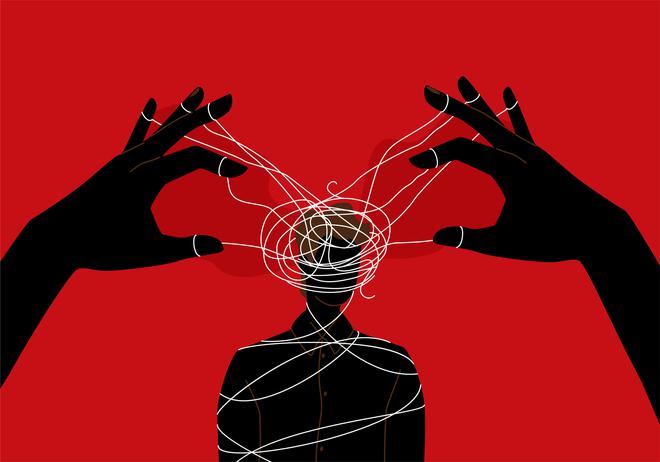- Empty cart.
- Continue Shopping
How to Recognize Signs of Gaslighting

Gaslighting is a form of emotional abuse where the perpetrator manipulates the victim into doubting their own reality, feelings, or perceptions. Recognizing the signs of gaslighting is crucial for putting an end to this damaging behavior and seeking help. We’ll explore the key indicators of gaslighting, its impact on mental health, and steps to take if you find yourself in such a situation.
Key Indicators of Gaslighting
Denying Facts or Events
One of the most common tactics used in gaslighting is the outright denial of facts or events. The gaslighter may insist that something you remember happening never actually occurred.
Trivializing Your Feelings
Another sign is when your feelings or concerns are trivialized. The gaslighter may accuse you of being too sensitive or emotional, making you second-guess whether your reactions are valid.
Shifting Blame
In a gaslighting scenario, the blame is often shifted onto the victim. The gaslighter may say things like, “You’re making me act this way,” effectively diverting attention from their own actions.
Withholding Information
Gaslighters often withhold information or give false information to create a narrative that suits them, leaving you confused and off-balance.
Projecting
Projection involves the gaslighter accusing you of behaviors that they themselves are guilty of. For example, if they are being dishonest, they may accuse you of lying.
Impact on Mental Health
Erosion of Self-Confidence
Constant gaslighting can erode your self-confidence, making you question your judgment and reality.
Increased Anxiety and Depression
The emotional toll of gaslighting can lead to increased levels of anxiety and depression, as you may feel trapped and powerless.
Isolation
Victims of gaslighting often isolate themselves from friends and family, either out of embarrassment or because the gaslighter has convinced them that their loved ones can’t be trusted.
Steps to Take if You’re Being Gaslighted
Seek Professional Help
If you suspect you’re a victim of gaslighting, consult a mental health professional for diagnosis and treatment options.
Establish Boundaries
Set clear boundaries with the person who is gaslighting you. Make it known what behavior is unacceptable.
Consult Trusted Individuals
Speak to trusted friends or family members about your experiences to get an external perspective. They can provide emotional support and may be able to offer more objective viewpoints.
Document Interactions
Keep a record of interactions that you find troubling. This can serve as evidence if you decide to seek legal help, and it can also help you trust your own recollections.
In conclusion, gaslighting is a damaging form of emotional abuse that can have severe consequences for your mental health. Recognizing the signs is the first step in taking back control of your life. If you find yourself in a gaslighting situation, seek professional help, establish boundaries, consult trusted individuals, and document interactions. Remember, you’re not alone, and help is available. Trust yourself and take the steps needed to protect your well-being.








